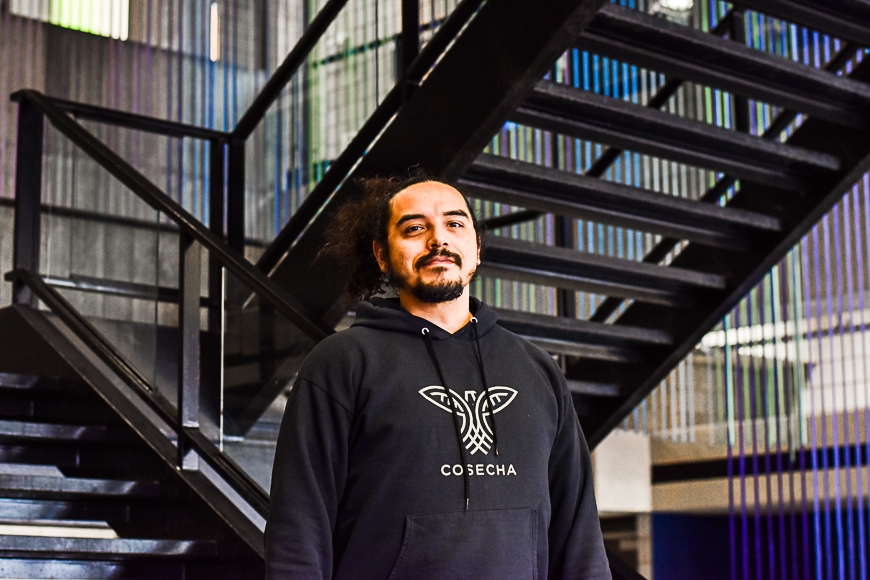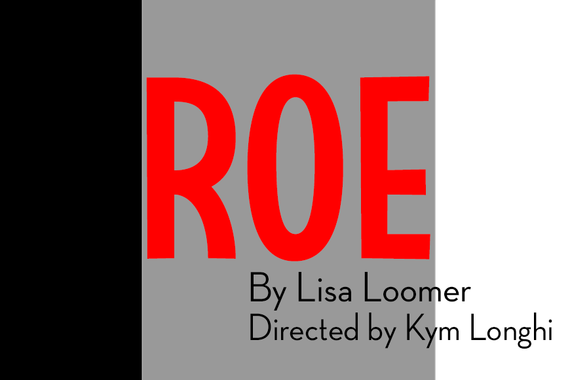From California to Minnesota: Changing the Landscape of Representation in Theatre
After David Melendez spent six years as a submarine mechanic in the US Navy, two years pursuing an associate’s degree at San Diego Mesa College, and two more years of undergraduate studies at the School of Theatre, Film and Television at UCLA, he eventually found his way to the UMN to complete his PhD in theatre historiography. Throughout his travels, he’s had plenty of experience on and off the stage which have helped to shape his work here at UMN.
Since 2015, Melendez has been focusing his research around the California Missions by examining their purpose in modern-day society and how their presence affects California Indians, ethnic Mexicans, and indigenous and mestizo immigrants from across the Americas.
Time and Representation
As a Chicano from Southern California, Melendez explains that schoolchildren across California learn about the California Missions, which are religious outposts that were established in the late 18th century. Their purpose was to evangelize the Native population in California. However, those lessons have a tendency to encourage a warped and romanticized image of Indigenous life, both pre- and post-colonization. Often, the image conjured up of Mexicans living there is one of lackadaisical activity and laziness until the US entered the scene and created order and civilization. “The missions are held up as state history in order to preserve the integrity of whiteness,” he explains. “They also stand for everything that was before the US so they give the impression that this is what life was like. It traps Mexicans in the past… in this barbaric past. And it totally erases Indigenous people.”
Melendez continues to dive into the complex history between Indigenous people and those who sought to eradicate their culture. He’s chosen to focus specifically on the relationship between time and Indigenous representation. “I study how missionaries impose a completely different understanding of time and temporality and, in doing that, create space,” he says. “So when thinking about contemporary performance, I see Indigenous artists doing something completely different with time.”
Breaking Down Barriers
The relevance of Melendez’s research to the metro and UMN theatre community can be seen through the national minimization of minorities’ cultures throughout the theatre and dance world. As can be unfortunately common with theatre practices, members of different minorities are sought out purely because a member of their race, culture, or ethnicity is needed for an otherwise primarily white production. Casting calls for shows like Evita and West Side Story tend to objectify people and instrumentalize their difference, which was also happening in the California Missions: “The missions instantiated in this way that Indians and Mexicans can only make cultural things, not aesthetic things, and not think deeply about aesthetic practices or conceptually imagine art... that it's like folk practice, but it's not, in fact, intellectual or philosophical,” says Melendez.
Part of Melendez’s mission is to support and connect theatre and performance by Chicano, Latinx, Native, and Black artists while changing the way their performances are perceived by society. “It's thinking complexly about performance practices that are just written off as ‘cultural,’” he states.
August Wilson Fellowship
As a result of his achievements, creativity, and involvement in the Twin Cities theatre community, Melendez was awarded the August Wilson Fellowship. The fellowship is funded by the College of Liberal Arts and the recipient is mentored by the artistic and administrative staff at Penumbra Theatre. As a recipient of the fellowship, Melendez is a resident scholar, conducting dramaturgical research to facilitate audience engagement, which he then uses to support his thinking on the dissertation.
The fellowship’s original purpose was to create conversations and solidify a connection between the historically Black theatre and area students. The goal was to create dramaturgical research coming from an authentic place. Dramaturgical research can be defined as an all-inclusive exploration of the theatrical performance’s context; dramaturgs then become experts on the work in a number of different ways. However, Melendez is working more toward building on Penumbra’s historic work to change the landscape of theatre institutions. Melendez is documenting the work done by the Twin Cities Theatres of Color Coalition, a group of theaters dedicated to taking action around diversification in the American theatre: Penumbra Theatre, New Native Theatre, Theater Mu, Pangea World Theater, and Teatro del Pueblo. “Most people don't know that this work has been done, and it's important to be able to look at where you come from, to see where you're going. And that's something that I'm working toward doing,” he says. His goal moving forward is that knowledge of the artistic and advocacy work done by theatres in the coalition will be more accessible to people around the metro.
What’s Next?
As an engaged student and citizen, Melendez hopes his research will change theatre stigmas and produce opportunities for marginalized community members. As for his next project, Melendez explains his passion for educating students. “I would love to work with community college students. That's where I came out of, those were my formative experiences."
This story was written by an undergraduate student in CLAgency. Meet the team.


